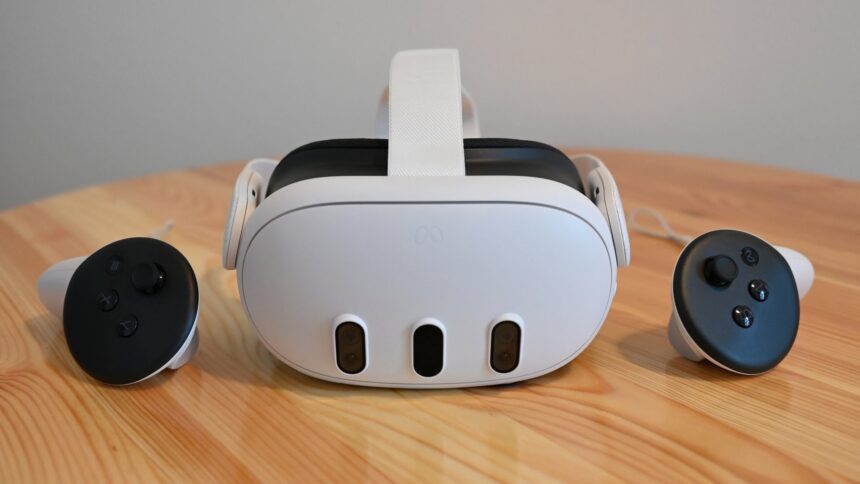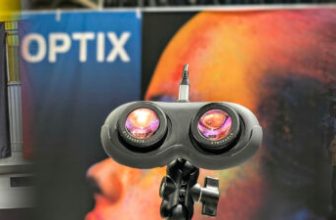
According to a recent report by The Information, Meta declined an XR partnership proposal from Google.
The Information provides details about a late 2023 meeting where Google and Meta discussed the possibility of forming an XR partnership.
Google desired Meta to be a collaborator for its XR operating system, Android XR, currently under development for forthcoming XR headsets. In exchange, Google committed to granting Meta Quest headsets with access to important Google applications.
Meta rejected the offer, presumably because licensing Android XR would mean giving up its own Quest operating system and Quest Store. Quest headsets use a fork of Android modified by Meta. The company tried to develop its own XR operating system years ago, but abandoned those efforts in 2021.
According to the report, Meta has been asking Google for some time to give Meta Quest access to the Play Store and Google apps. The headset supports only a few 2D apps and is therefore poorly integrated into the Android ecosystem, while competitor Apple supports most iPhone and iPad apps with Vision Pro. A major competitive advantage for Apple that Google can use as leverage against Meta.
According to The Information, Google is making efforts to bring onboard other headset manufacturers for Android XR, alongside Samsung. A separate report suggests that Samsung and Google’s mixed reality headset is scheduled for release by the end of this year.
According to The Information, Meta has collaborated with LG and is currently in discussions with other hardware partners to develop headsets and obtain licenses for the Quest operating system. Meta has expressed its intention to create an “open system” for XR in order to set itself apart from Apple, but this vision has not yet come to fruition.
The potential success of Google’s Android XR initiative remains uncertain. Google has a track record of swiftly giving up on fresh ventures, and convincing the developer community to invest in Android XR could prove challenging.
Google experimented with virtual reality several years ago using Cardboard and Daydream, but soon became disinterested in the technology. However, the company halted the development of augmented reality glasses in 2023 and terminated numerous employees involved in AR hardware in early 2024.
Meta could speculate on the failure of Android XR and hope that Google will eventually be forced to follow Meta’s terms instead of the other way around. For this to happen, the Quest operating system would have to establish itself as the main alternative to visionOS.
In the end, Apple, Google, and Meta are primarily focused on determining the dominant force in future XR platforms and profiting from software sales. Meta’s CTO, Andrew Bosworth, expressed through X that Meta would be open to integrating the Play Store and Google apps into Meta Quest. In this scenario, Google would retain the earnings from 2D apps.
What Boz is not saying here is what terms Meta would impose on Google for this to happen. Both companies take 30% cuts from developers on their platform, so who gets what money in this instance? https://t.co/H6Ah3zej53
— Nick Klingensmith – ✊🏿🖤 (@koujaku) March 1, 2024
However, Google’s aspirations go beyond just being a part of the XR industry. Its goal is to become the leading player in the XR market, akin to the position it currently holds in the realm of Android smartphones.







